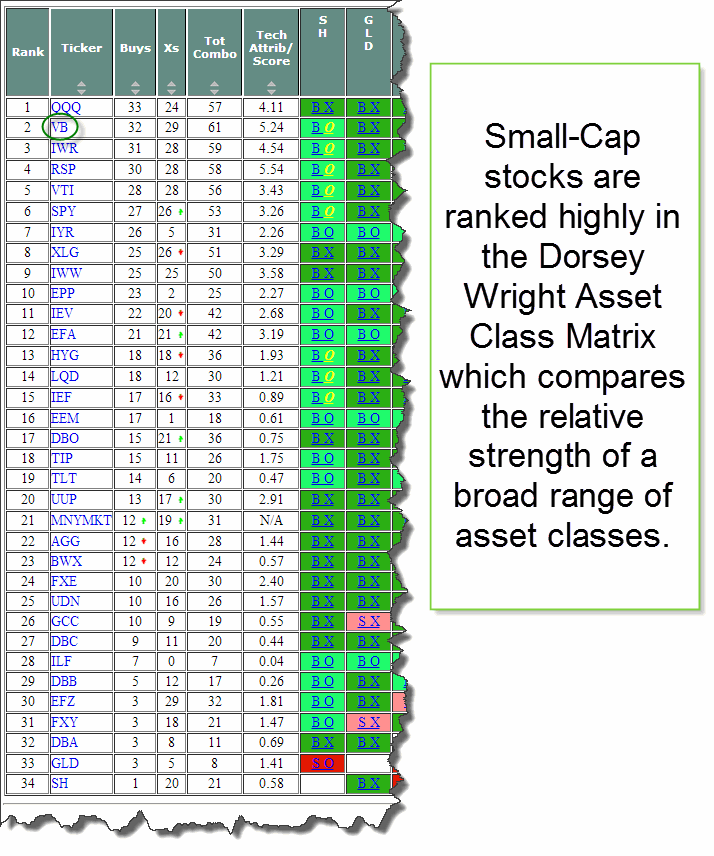The SmallCap Advantage How Top Endowments and Foundations Turn Small Stocks Into Big Returns
Post on: 11 Апрель, 2015 No Comment

Synopses & Reviews
Publisher Comments:
The historical returns of small-cap stocks have exceeded those of mid-cap and large-cap stocks over long time periods. The additional return experienced by small-cap investors has occurred despite inherent disadvantages in the asset class.
The excess return available from small-cap stocks can help large foundations, endowments, and other similar institutional investors overcome the drag of inflation and the drain of annual spending. These institutional investors are in a unique position to fund new and often untested managers who are in the best position to benefit from the return premium of small-cap stocks and from the relative lack of professional participation in the space.
The Small-Cap Advantage: How Top Endowments and Foundations Turn Small Stocks into Big Returns is a must-have book for aspiring and existing small-cap managers and the institutions that would hire them. It is an insider’s account of institutional small-cap investing. The book details the investment, fundraising, and operational challenges encountered by small-cap managers. It also:
Describes the evaluation issues encountered by institutions in their small-cap manager due diligence
Reveals why small-cap stocks are a fertile hunting ground for investors seeking high returns over long time periods
Details how top foundations, endowments, and other institutional investors can procure exposure to small-cap stocks through allocations to specialist managers
Explores the reasons for small company outperformance and reveals how returns can be further enhanced through the careful avoidance of problem companies
Explains why the small-cap space is ideal for active management and why passive indexing may not be an optimal strategy for this asset class
The Small-Cap Advantage helps aspiring small-cap managers understand the state of the institutional investment management industry. It debunks the notion that small-cap managers who lack long track records or high levels of assets under management are undeserving of institutional funding. It explains the fundraising process for aspiring small-cap managers and how they can handle many of the challenges that come with successfully increasing strategy assets.
The Small-Cap Advantage provides endowment-model institutions with a deeper understanding of the unique issues faced by specialist boutique managers who focus on the small-cap space. It will also assist institutional due diligence teams in their evaluation of small-cap managers.
The historical advantages of small-caps as an asset class are well documented, but not realized by profit-maximizing managers who allow asset bloat, nor by institutions who follow their peers down the beaten path to invest with such managers. Brian Bares is willing to speak the hard truth about small-cap investing: market-beating returns are generated by managers who cap assets and concentrate.Patrick Dorsey, Director of Equity Research, Morningstar; author, The Five Rules for Successful Stock Investing and The Little Book That Builds Wealth
Brian Bares is the Warren Buffett of small and micro-cap stocks, and his book, The Small-Cap Advantage is a masterpiece of practical, Buffett-like wisdom. Whether you are a new investor or have been in the markets for decades, you will find this book full of insights!D. Ellen Shuman, VP and Chief Investment Officer, Carnegie Corporation of New York
Brian Bares is a rare breed of professional investment manager. He excels in the requisite skills of investment acumen, hard work, and discipline while remaining philosophically grounded as a true ‘clients first’ fiduciary of his investors’ capital. With The Small-Cap Advantage, Brian has written in a clear and accessible manner the most comprehensive ‘how to’ book available for anyone interested in becoming a small-cap manager, or hiring one.Thruston Morton, CEO and CIO, Global Endowment Managements
A world-renowned money manager shares winning strategies for small-stock investing
Bigger is not better. Since forming Bares Capital Management, Inc. in 2000, Brian Bares has shown that above-average returns can be generated through the careful selection of small company common stocks. In The Small-Cap Advantage: How Top Endowments and Foundations Turn Small Stocks into Big Returns, Bares reveals how endowment-model investors and aspiring managers can gain meaningful exposure to small stocks, while sidestepping many of the obstacles that have historically prevented institutional investment in this asset class.
A world-renowned money manager shares winning strategies for small-stock investing
Since forming Bares Capital Management, Inc. in 2000, Brian Bares has shown that above average returns can be generated through the careful selection of small company common stocks. Additionally, he’s shown how concentrating capital in a handful of ideas improves the potential for outperformance by increasing the depth of knowledge of each position and allowing each security to have a more meaningful impact on the portfolio. In The Small-Cap Advantage: How Top Endowments and Foundations Turn Small Stocks Into Big Returns. Bares describes how endowment-model investors and aspiring managers can gain meaningful exposure to small stocks while sidestepping many of the obstacles that have historically prevented institutional investment in the asset class. The book also
- Details the historical outperformance of small-cap stocks
- Contrasts the various strategies employed by managers in the space
- Explains how aspiring managers can structure a firm to boost performance and attract institutional capital
- Describes how endowment-model institutions can evaluate and engage outside managers for their small-cap allocations
- Summarizes important topics such as liquidity and the research process
Bigger is not better. The Small-Cap Advantage reveals that small stocks have historically performed better than large ones, and that lack of competition in small-cap stocks provides diligent managers with a singular opportunity to outperform.














